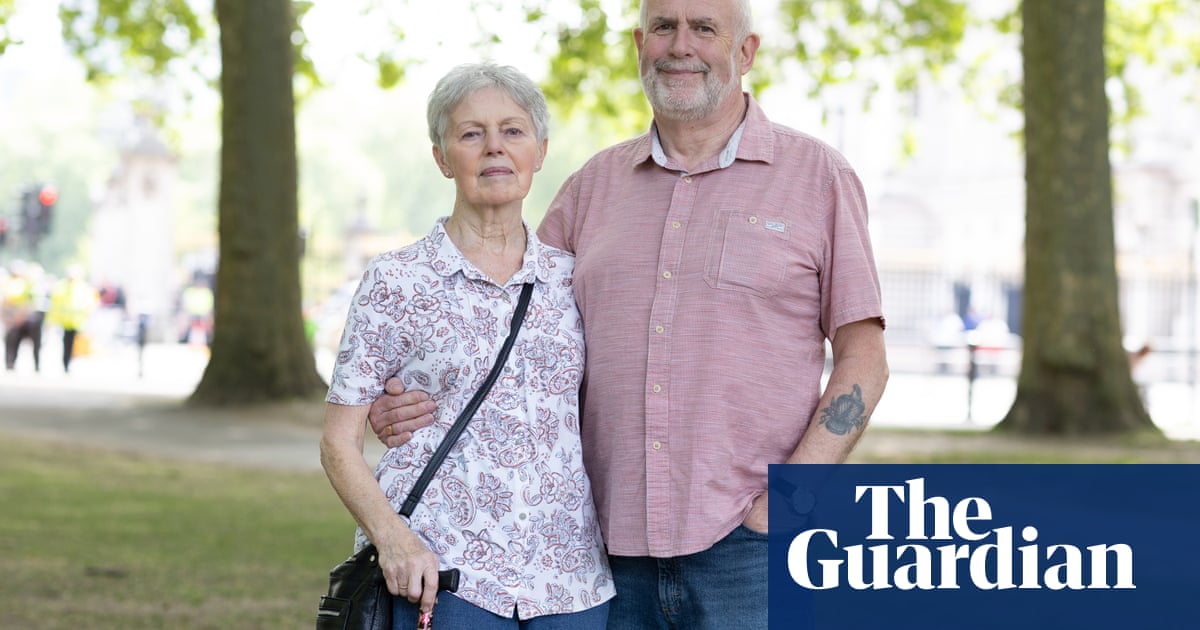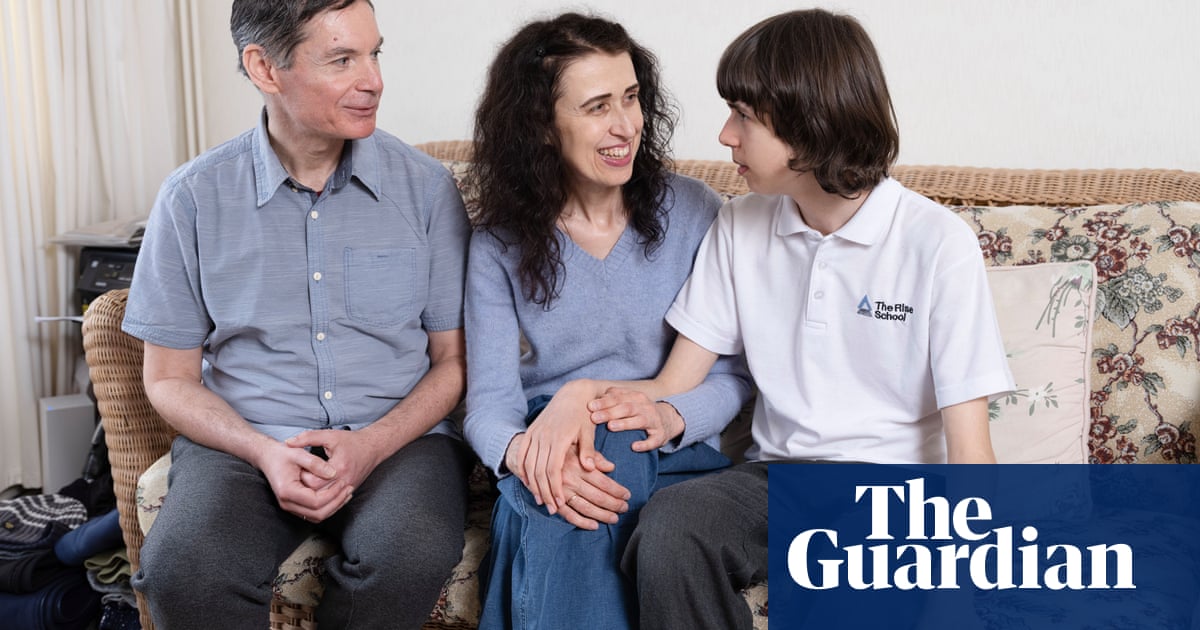Here’s a recent quote from a Downing Street source: “We have to be able to say something on this that isn’t just defending the status quo.”
The aide was discussing the European convention on human rights (ECHR), a postwar treaty to protect the freedoms of people in Europe, ratified by the UK in 1951. Although it was also central to Keir Starmer’s entire pre-political career, his government is looking to water down some of the key provisions.
Yvette Cooper, the home secretary, has announced a review into the “application of human rights law … to make sure that the immigration and asylum system works effectively” so that “there is a proper sense of control in the system”. A white paper is expected later this year.
It doesn’t take a political genius to work out this is about Nigel Farage and his Reform UK party. Farage has been adept at conflating the deporting of foreign criminals with asylum seekers arriving on small boats, when in fact they are entirely separate matters. By claiming the ECHR prevents foreign criminals from being deported, he appears to have succeeded in making human rights a problem for the government.
And this is where the real danger lies for Labour, because the perceived need to do – or say – something has led many a politician to do the wrong thing.
It’s worth spending a bit of time understanding how the law works and why the “problem” Labour is now addressing, if not amplifying, has been significantly exaggerated and misrepresented. Current rules require the Home Office to make a deportation order against any foreign criminal serving a prison sentence of 12 months or more. Only “exceptionally” can automatic deportations be avoided if they would breach the ECHR, which in practice typically means the right to family life contained in article 8.
The number of people able to invoke this protection is relatively small. Most appeals fail and, of those that succeed, only about one in three are successful on human rights grounds. In the 13 years between 2008 and 2021, the last period for which records are available, that was a total of 2,400 such cases out of 21,500 appeals.
But even some of these failed appeals are used anecdotally by the media and politicians to claim the system is being exploited. There was a widely reported case of a man resisting deportation on the grounds that his son disliked foreign chicken nuggets. But in court, the judge described this argument as not getting “anywhere near the level” required for deportation to be resisted.
Indeed, parliament has already set a high bar in this area. Anyone making an article 8 claim must not only have been lawfully resident in the UK for most of their life, but need also be so socially and culturally integrated that there would be “very significant obstacles” to living in the receiving country. Even if they have a child or partner in the UK who has British citizenship or has been living here for at least seven years, they still have to show it would be “unduly harsh” either for the child or partner to be separated from them. Individuals who have received a sentence of more than four years must show that there are “very compelling circumstances” over and above all the other criteria. Cases that succeed typically involve someone who was born in the UK, came as a child, or has a family member with such profound needs that separation would have devastating consequences.
Some reports suggest that Denmark has managed to achieve a more restrictive regime while remaining within the tramlines set by the ECHR, but this is untrue. Although Denmark did try to restrict the scope for balancing different rights, it failed to safeguard the ultimate discretion of the courts to block deportation in exceptional cases after being blocked by the ECHR’s final arbiter, the European court of human rights in Strasbourg. Three years ago, in a case called Savran, a decision by Danish courts was ruled illegal because it gave scant consideration to how a mentally ill applicant had integrated in Denmark since arriving as a child.
The European court has been demonstrably robust in defending the right of countries who have signed up to the ECHR to reach their own judgments as to where the balance lies in respect of family life, so long as basic human rights principles are not violated. And in Britain, even the independent review of the Human Rights Act ordered by the Conservatives found no evidence that our courts were overreaching in this area.
The upshot is that unless this Labour government wants to exclude any type of balancing exercise and remove the discretion of the courts entirely, it won’t be possible to make any notable reduction to the already small number of those able to rely on article 8.
And to be clear: even if article 8 was expunged entirely, it would make little difference to overall immigration figures, which largely reflect the government’s view on the economic needs of the country. Neither would it affect those arriving by small boats, the vast majority of whom have no other means of applying for asylum in the UK.

So, we’re left with the sight of the government trying to thread the needle between reducing the numbers of human rights appeals against deportation and remaining consistent with the ECHR. If the government argues that article 8 is being exploited, it will be both acknowledging a “problem” that does not really exist and refusing to do the only thing capable of addressing it. That won’t win back support among any group of voters, whether it’s those peeling off to Reform or the even larger numbers now reportedly backing the Liberal Democrats and the Greens.
Labour is at risk not so much of losing control over immigration but the narrative around human rights – one subject the prime minister knows better than anyone. One hopes he will stick up for what he has always believed, and keep making the positive case that human rights are an integral part of a compassionate and inclusive society.
-
Jamie Burton is a barrister at Doughty Street Chambers. Finnian Clarke, also a barrister at Doughty Street, co-authored

.png) 13 hours ago
7
13 hours ago
7













































